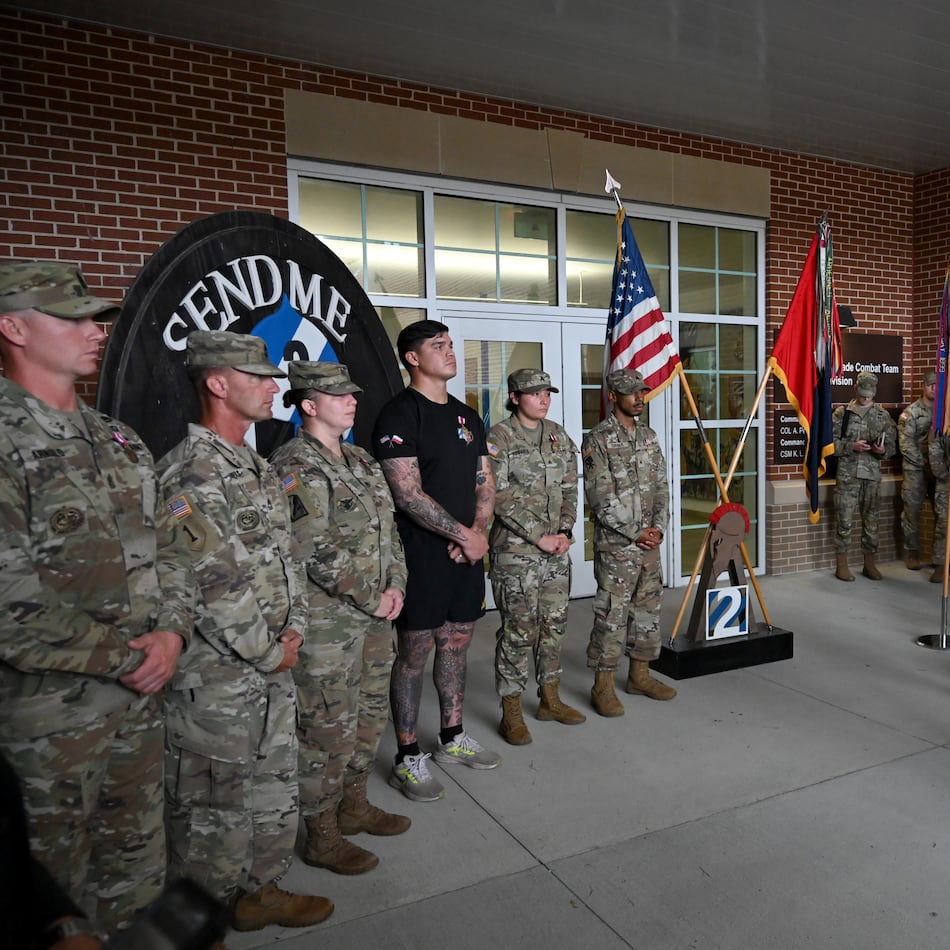McALLEN, Texas (AP) — A decades-old policy on protections for immigrant children in federal custody is inhibiting the Trump administration’s immigration crackdown, government attorneys told a judge Friday.
The administration asked U.S. District Judge Dolly Gee in Los Angeles during a hearing to dissolve the policy, which limits how long Customs and Border Protection can hold immigrant children and requires them to be kept in safe and sanitary conditions. Gee did not immediately issue a decision and it's not clear how soon she might rule.
Gee, who oversees what is known as the Flores agreement, expressed skepticism at the government’s request. She said that while border apprehensions have dropped under President Donald Trump, conditions “are deteriorating.”
“It seems counterintuitive that should happen unless it’s willful,” said Gee, who was nominated to the court by President Barack Obama.
Advocates for immigrant children asked the judge to keep the protections and oversight in place and submitted firsthand accounts from immigrants in family detention who described adults fighting children for clean water, despondent toddlers and a child with swollen feet who was denied a medical exam.
In its written motion, the Trump administration said the government has made substantial changes since the agreement was formalized in 1997, creating standards and policies governing the custody of immigrant children that conform to legislation and the agreement.
In court, an attorney for the government acknowledged that the agreement gets in the way of Trump’s tax and spending bill that provided billions to build new immigration facilities, including family detention centers.
The Flores agreement, named for a teenage plaintiff, was the result of over a decade of litigation between attorneys representing the rights of migrant children and the U.S. government over widespread allegations of mistreatment in the 1980s. It governs the conditions for all immigrant children in U.S. custody, including those traveling alone or with their parents.
It also limits how long CBP can detain child immigrants to 72 hours. The U.S. Department of Health and Human Services then takes custody of the children.
The Biden administration successfully pushed to partially end the agreement last year. Gee ruled that special court supervision may end when HHS takes custody, but she carved out exceptions for certain types of facilities for children with more acute needs.
Advocates for the children say the government is holding children beyond the time limits set out in the agreement. In March and April, CPB reported that it had 213 children in custody for more than 72 hours and that 14 children, including toddlers, were held for over 20 days in April. As part of their court filings, they included testimony from several families who were held in family detention centers in Texas.
If the judge terminates the settlement, the detention centers would be closed to third-party inspections.
The federal government is looking to expand its immigration detention space, including by building more centers like one in Florida dubbed “Alligator Alcatraz,” where a lawsuit alleges detainees' constitutional rights are being violated.
The Latest
Featured


